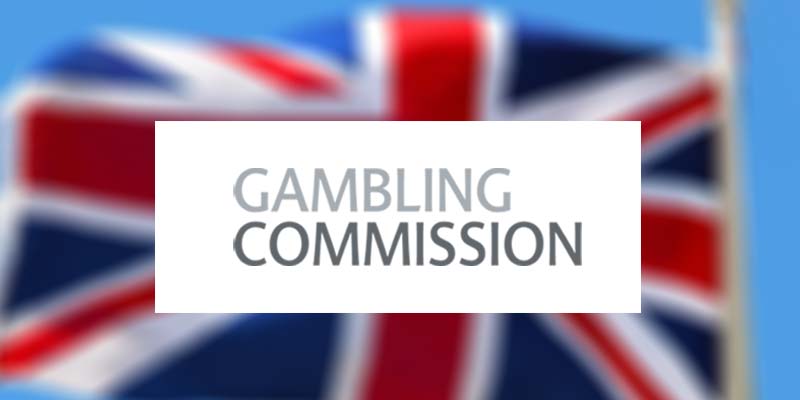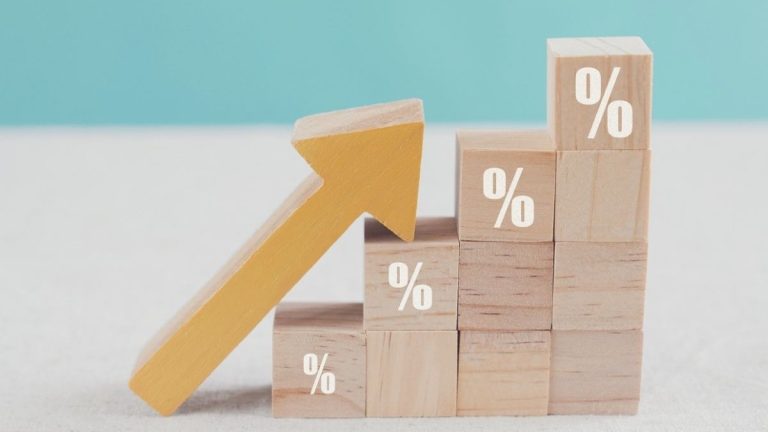UK's Problem Gambler Numbers Remain Unchanged

Problem gambling has been the bane of the industry. Or in the very least, it’s been its less glamorous side, come what may. One particular bastion of gaming has been the United Kingdom. Not quite randomly, the UK has also been a place where the issue of problem gambling has been taken the most seriously.
The Changing Gambling Addiction Landscape
The UK hasn’t been adding new customers. In fact, there has been a 6{44b09f69e02b4a9880bf6e3f987d2afd285263f93639dabf176d3ae6ad2c79c6} drop in the numbers of participants, probably occasioned by the campaigns that bodies lead to warn individuals about the inherent dangers of indulging too much in the activity. And yet, gambling addiction remains the same, a new report by the UK Gambling Commission has revealed.
The UK Gambling Commission is the country’s main body that has been sanctioning the misconduct even of the best-known names in business. According to the Health Survey, 1.2{44b09f69e02b4a9880bf6e3f987d2afd285263f93639dabf176d3ae6ad2c79c6} of the active gambling population is identified as addicted, which constitutes 0.7{44b09f69e02b4a9880bf6e3f987d2afd285263f93639dabf176d3ae6ad2c79c6} of the country’s population.
Drawing from previous editions of the report, conducted every three years, the tally for 2012 and 2015 indicates the same numbers. The people who were the most at risk were actively participating in multiple activities, in the very least two. Scottish nationals tend to top the charts of the most active gambling participants.
People who stuck to a single activity, on the other hand, were defined as low-risk gamblers or moderate gamblers. The report also honed in on another rather disturbing truth – mental health issue may occasion a greater rate of addiction, the report stated.
According to UKGC Executive Director Tim Miller,
Understanding the level of problem gambling is an important part of making gambling safer, but what this data won’t show is the extent of the harm someone may be experiencing, or the wider impact upon their families and their communities.
Addiction Persists, Participation Drops
Another important metric is, of course, the reduced participation among adults. The previous numbers showed the rate of participation at 63{44b09f69e02b4a9880bf6e3f987d2afd285263f93639dabf176d3ae6ad2c79c6} in 2015 and it has since dropped to 57{44b09f69e02b4a9880bf6e3f987d2afd285263f93639dabf176d3ae6ad2c79c6} in 2016.
Even then, it’s worth noting that people who participate in gambling are most commonly playing the National Lottery as it allows them an easy way into the medium without having to stake too much at any given time.
However, a contributing factor to the overall drop in numbers have been the dedicated efforts of the UKGC to uproot pernicious practices. Many events have occasioned the recent drop.
The UKGC has been more than happy to punish operators that have been trying to take advantage of gamers. The entry-criteria for a spot in the industry have also become tougher, and if anything, fairer.
In addition, the national regulator targeted FOBTs, which in turn put additional pressure on operators financially, but it’s also expected to help people playing more considerately. The Commission is also targeting advertisement laws, making sure that ads do reflect the contents of the advertised product.
No more shall bonuses be ‘free’ if they indeed require you to deposit money beforehand. Such changes are sorely needed, although they don’t seem to do much to help addiction.
The answer then should be in a more personal approach.




